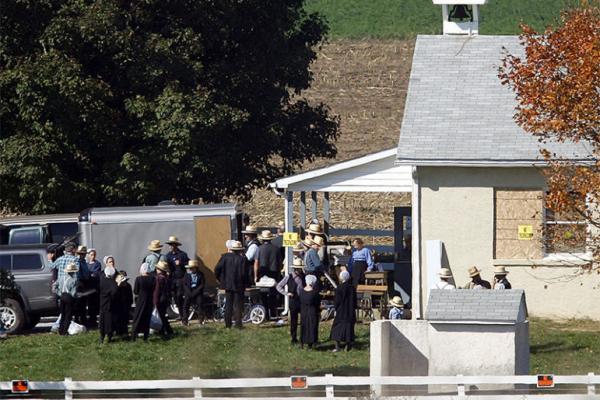Oct 3, 2016
The West Nickel Mines School is long gone. Two of the survivors are now married. Several of the couples who lost their daughters have had more children.
The shooting 10 years ago in [Bart Township, Pa.] made headlines across the world as the Amish rushed to forgive the shooter. But the grief and pain live on.
On Oct. 2, 2006, a heavily armed milk truck driver, Charles Carl Roberts IV, burst into the West Nickel Mines School shortly after recess. By the time Roberts had committed suicide, less than an hour later, five girls aged 6-13 were dead, and five others severely wounded.
Read the Full Article

Already a subscriber? Login
